Former Australia captain Aaron Finch discussed India’s playing eleven after their four-wicket loss to Australia in the second T20I at the Melbourne Cricket Ground. He expressed surprise if left-arm pacer
Arshdeep Singh doesn’t return to the lineup for the third match in Hobart on Sunday.
India, batting first, struggled after a top-order collapse caused by Josh Hazlewood’s impressive spell of 3-13, which left them four down in the powerplay. Despite a fighting 68 from Abhishek Sharma, India couldn’t regain momentum and were bowled out for 125 in 18.4 overs. Australia chased the target with 40 balls to spare, taking a 1-0 lead in the five-match series.
“Arshdeep Singh should be in the team. I’d be very surprised if he doesn’t make it back for the next game. One thing I’ve learned about T20 cricket, when you go in with too many batters, sometimes the responsibility gets diluted,” he said.
“Batters subconsciously assume someone else will get the job done. But if you play one fewer batter, it’s amazing how often the rest step up. India clearly has the World Cup in mind, and this series is part of that process of finding the right combinations to win that tournament,” said Finch on JioStar.
Finch also evaluated India’s bowling effort in the second T20I, noting that additional runs would have helped.
“The first over that Bumrah bowled was really good and gave the Australian openers some headaches. But after that, Harshit Rana went for a bit of punishment, Travis Head did most of the damage early on, and then Mitchell Marsh joined in later.”
“There just weren’t enough runs on the board for the bowlers to defend. It wasn’t a massive shortfall in target, but a few extra runs could have made things very interesting,” he added.
Any Other Changes?
On the batting front, Finch praised Abhishek Sharma’s 68 and his calm under pressure, although he felt strike rotation in his partnership with Harshit Rana could have been better.
“This was one of Abhishek Sharma’s better innings in terms of the composure he showed. Batsmen like him force you into a corner. And when he gets on a roll, it’s almost impossible to stop him,” he added.
“And batting with the lower order is not easy; they find it hard to rotate strike. They’ll be able to swing the bat. They’ll be able to find boundaries. Rotating strike is not one of their strengths, and that’s what we saw when Abhishek and Harshit were batting, and I think that’d be one area that India will look back on.”
“But I thought Mitchell Marsh also captained exceptionally well to make sure that Abhishek was stranded down the other end for a lot of that first innings,” he concluded.
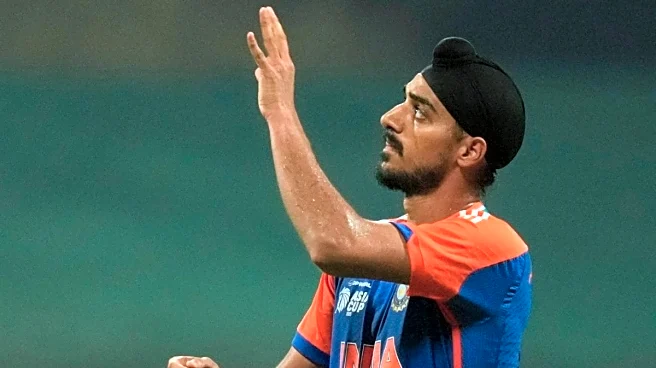


/images/ppid_59c68470-image-177100254364289407.webp)

/images/ppid_59c68470-image-177100253375756091.webp)
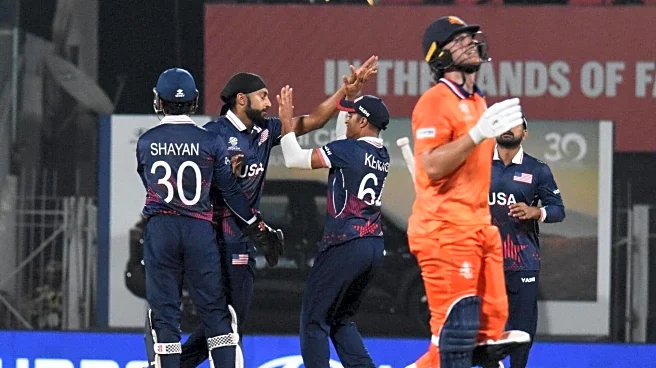

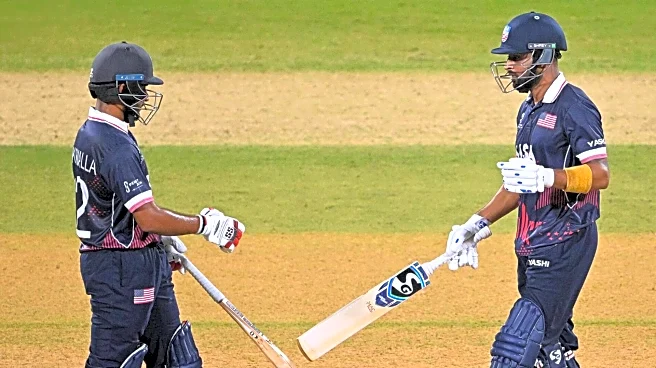
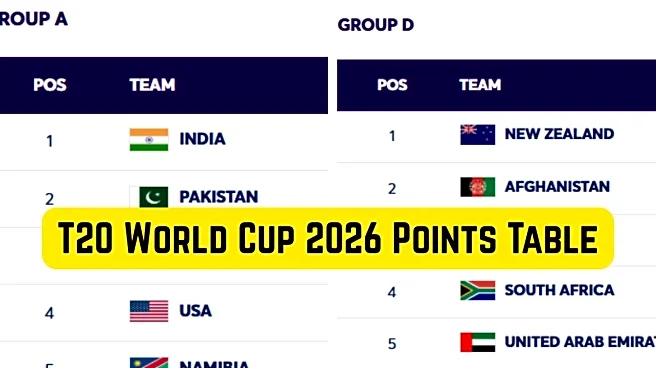

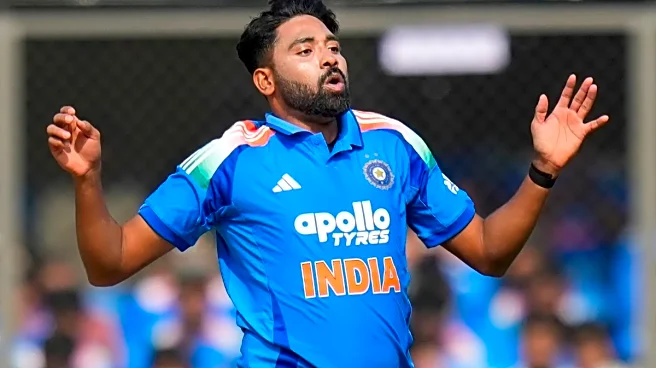
/images/ppid_a911dc6a-image-177100042462595765.webp)

/images/ppid_a911dc6a-image-177100003665395152.webp)